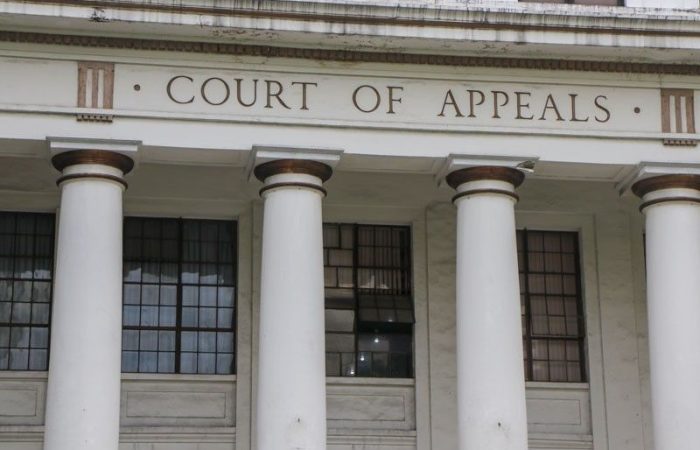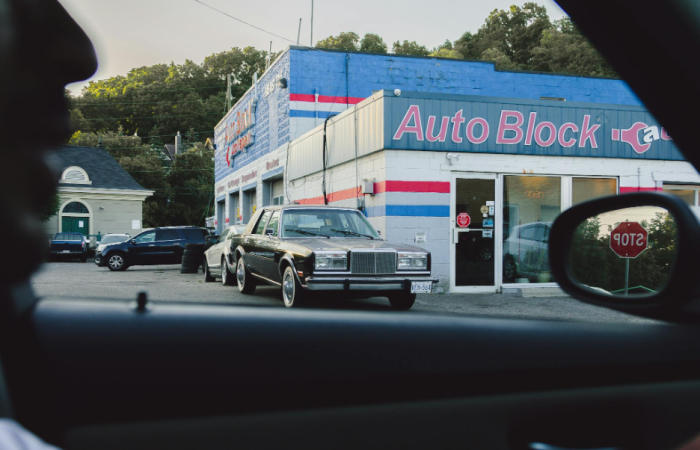Many people are familiar with “pro bono” legal counsel, but there is a new trend developing in the legal community called “low bono” legal counsel. While pro bono counsel is free for the client, low bono counsel requires the client to pay an affordable rate – either hourly or flat fee depending on the case and service provided.
Generally, low bono applies in one or both of the following scenarios:
- The individual’s income is insufficient – too high to qualify for legal service organizations, but not high enough to retain a traditional firm; and/or
- The claim is too small and will be completely absorbed by traditional attorney’s fees.
Until the recent prevalence of low bono attorneys, these types of cases often fell through the cracks. Individuals simply stopped looking for counsel after they were told time and time again that our justice system simply is not set-up to provide them with access to legal counsel. Alternatively, these individuals attempt to represent themselves.
To better understand why these low bono cases fall through the cracks, it is helpful to understand who qualifies for pro bono legal services and why people cannot afford traditional attorneys.
Generally, the legal aid organizations that provide pro bono counsel place the cut-off at 200% above the poverty threshold, which is calculated on household size as follows:
|
Household Size
1
2
3
4
5
6
7
8
For each additional person add:
|
Poverty Level
$11,490
$15,510
$19,530
$23,550
$27,570
$31,590
$35,610
$39,630
$4,020
|
200% Above Property
$22,980
$31,020
$39,060
$47,100
$55,140
$63,180
$71,220
$79,260
$8,040
|
In Virginia, the minimum wage is $7.25 an hour. In the District of Columbia, the minimum wage is $8.25 an hour. Hypothetically, if a four-person family has two parents earning $15.00 an hour, about twice the minimum wage, the family will have an annual income of $57,600. This income will disqualify the family from pro bono services, but the family certainly is not making enough money to afford a traditional attorney and their corresponding fees.
Although attorney fees vary widely, the D.C. Circuit Court has implicitly endorsed the Laffey Matrix to determine “reasonable attorney’s fees.” According to the matrix, for attorneys with over twenty years of experience, $505/hour is reasonable. For attorneys with 1-3 years of experience, $245/hour is reasonable. For law clerks and paralegals, $145/hour is reasonable. It would be very difficult for the hypothetical family discussed above to afford legal counsel from a law clerk or paralegal, let alone an actual attorney – even at these “reasonable” rates.
Unquestionably, pro bono legal services are a critical part of our justice system and nothing in this post is meant to criticize those efforts. It is wonderful that non-profit organizations and/or private attorneys represent clients with worthy cases for free because these clients could not otherwise afford legal counsel. The reality is that the pro bono services are simply not sufficiently comprehensive to provide the necessary counsel to those with incomes exceeding 200% of the poverty level — and I think most pro bono service provides will agree with this sentiment.
According to an analysis done by the New York Times, an income of approximately $50,000 places the household in the top half of U.S. households, which seems insufficient to obtain legal counsel (see discussion above). For reference, the top 25% of households make approximately $90,000. It is unclear at what income level a household can afford legal counsel as it depends on the specifics of the household and the complexity of the case, but even income in the top 25% of all U.S. income, does not ensure that the household can afford traditional counsel.
The majority of the population in the United States is middle class, but our justice system is primarily set-up to address the legal concerns of people at either margin. Low bono legal services is an attempt to fill this void by providing access to legal counsel to the middle class or those for whom legal counsel would otherwise be impossible or impractical.
Steven Krieger Law, PLLC is proud to provide low bono legal counsel to those who qualify. Please contact us to schedule a consultation.




I need advice on being coerced under duress at a car dealership and then misinformed by a second dealership who told me that as long as I hadn’t taken possession of vehicle #1 from dealership #1, the loan wouldn’t go through. It hadn’t gone through and dealerhsip #2, said, see I told you – and I bought car #2 based on that – dealer #1 later put the loan through even though I’d called and said I didn’t want the car and hadn’t taken possession, and that the dealer #1 hadn’t fully disclosed all of the costs and had pressured/coerced me late at night in the finance room
I have two separate lawsuits that I am determined to pursue One concerning the apartment community in which i live on and have done without to live in and managementHeadquarHeadquarters
Federal Trade Commission
600 Pennsylvania Avenue, NW
Washington, DC 20580. The next one is a rent to lease store Aaron’s that have not only myself but all. By Committing criminal acts that it should be outlawed. I have promo of the both of these that have not only have robbed me but have me such emotional and mental stress. Also know I have professionals who would speak for me. It really had been a living nightmare
Telephone: (202) 326-2222
ters
Federal Trade Commission
600 Pennsylvania Avenue, NW
Washington, DC 20580
Telephone: (202) 326-2222